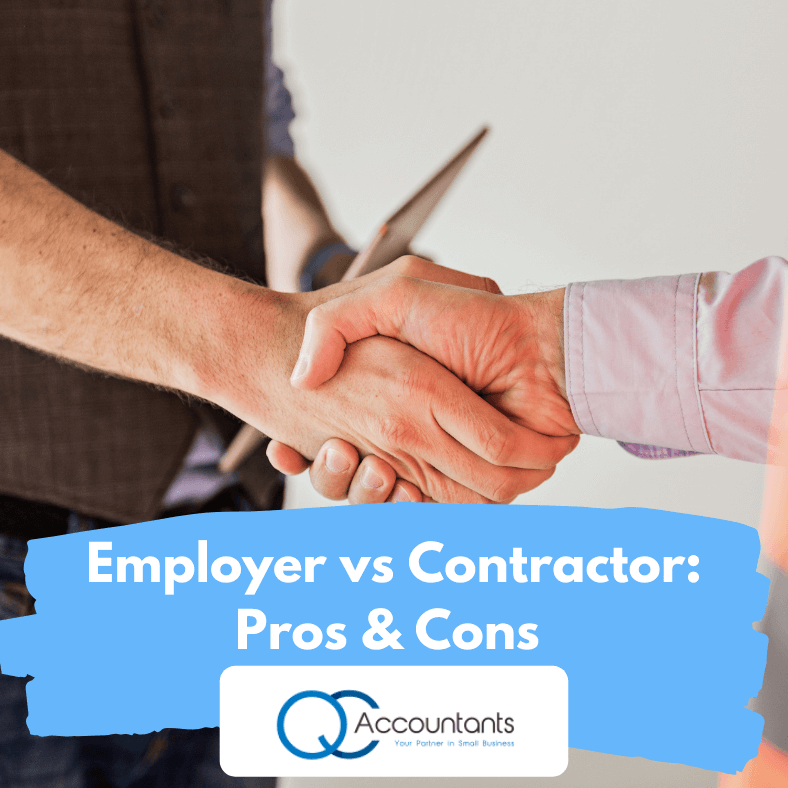If you’re new to employing a team (even if you’re not, but you’re not 100% clear) thinking about the difference between a contractor and an employee can be confusing. Furthermore, there are some well established myths that are misleading at the very least.
Even though it can be confusing, it’s important to be clear about the difference, because it has implications for tax and superannuation, for a start.
In this article we’re going to get clear on the difference between an employee and a contractor, and arm you with some of the info you’ll need to decide which is right for your business.
What’s the difference between an employee and a contractor?
Firstly, what indeed is the difference between the two? And how do you identify each type?
The essential difference between the two is that an employee is part of your business and works in your business, whereas a contractor runs their own business. A contractor may be performing work ‘for you’ but they are not your employee.
One of the factors is who takes commercial risk (your business, in the case of an employee, and the worker, in the case of a contractor). Control of the work and direction as to how work is completed are also the domain of an employee, whereas a contractor has control over their work and their independence.
The ATO has a great tool for simply discovering whether your worker is an employee or a contractor.
What are the pros and cons of a contractor?
Let’s discuss the pros and cons of employing a contractor.
A contractor is responsible for their own work. You agree via a contract or agreement, and then it is up to them as to how the work is completed. This is an advantage in the sense that you do not have to manage them, their workday or their hours: they are responsible for themselves. Furthermore, you do not pay them for annual leave, personal leave, or superannuation. You are not responsible for commercial risk.
On the other hand, not having control over their work may not suit your business, if you like to closely manage workers. Outside of the agreement or contract, there is no guarantee that they will continue working for you, so if continuity is important this arrangement may not suit.
What are the pros and cons of an employee?
An employee is part of your business, and as such forms part of the fabric of how your business operates. They are perhaps more likely to adapt your ethos and form part of the culture. An employee is perhaps more reliable as they are paid on an ongoing basis, along with benefits such as leave and superannuation. They can also be managed more closely, as you have more control to direct their work.
Alternatively, you are responsible for the work done by an employee and take on the commercial risk. You are also responsible for paying superannuation, personal leave and annual leave.
How to decide?
Ultimately, every business is unique and the decision about whether to employ a contractor or an employee is yours. Consider the pros and cons we have discussed, and review the ATO article.
We suggest ranking your priorities, such as whether it’s more important to have control over a worker’s hours and direction, or perhaps not having responsibility for risk and super/ leave payments.
It’s always a good idea to get professional advice on decisions such as this, and QC Accountants would be very happy to assist you. Our team of professionals can help you make the decision about which model is best for you.
Contact us on 07 5593 6060 – we are here to help you.








